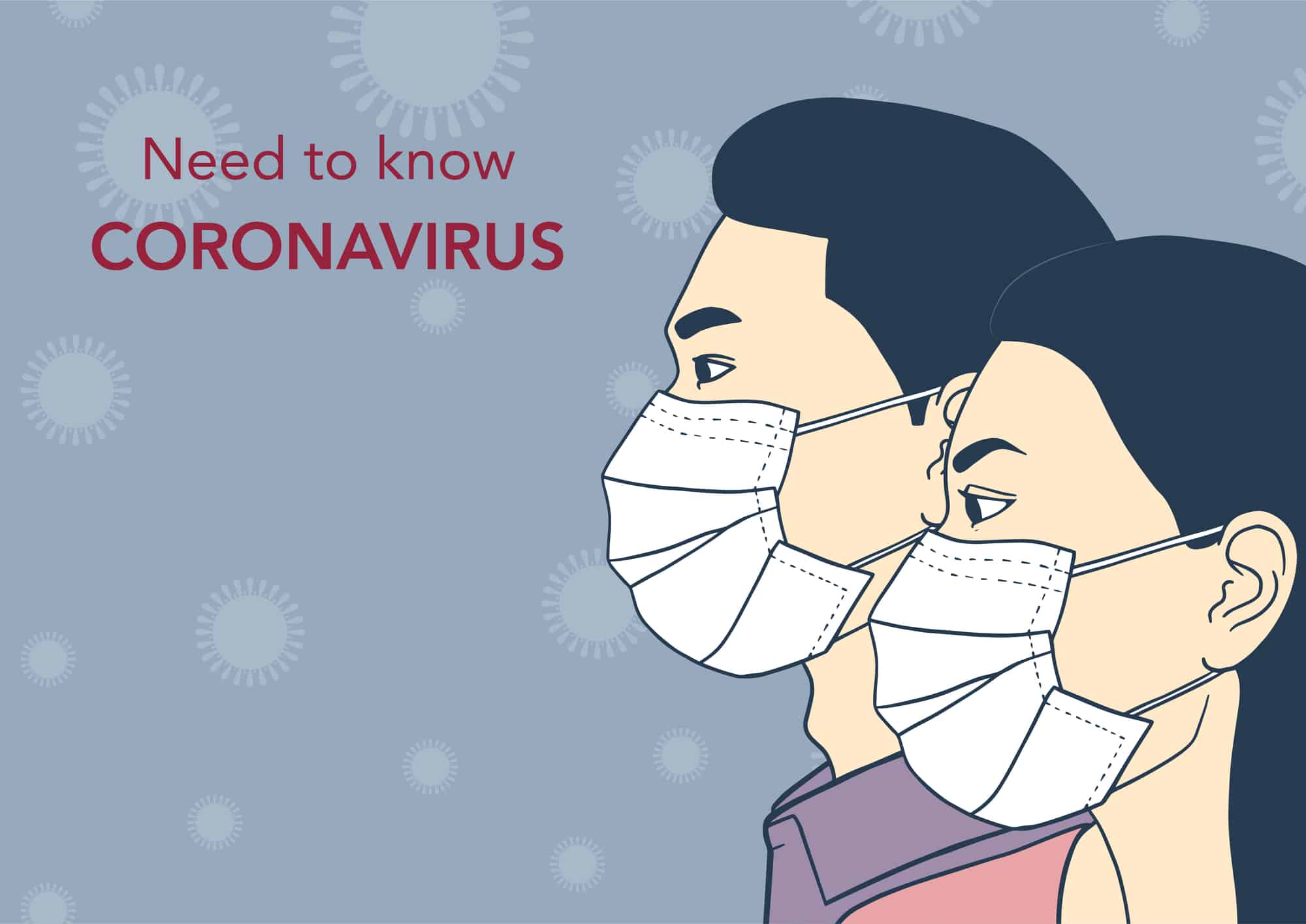
Covid-19 And The Risks It Poses To Diabetics
Posted on July 24, 2020 at 10PM
Diabetes and Covid-19 Questions and Answers
While everyone is expected to take care not to contract Covid-19, people living with diabetes are encouraged to be extra careful.
Research findings currently indicate that those living with diabetes are not at a higher risk of contracting this highly infectious disease. However, if infected, people with diabetes have a higher risk of developing serious complications that may lead to death in some cases.
Read on below to find out more about some of the risks that people with diabetes face if they get infected with Covid-19.
What Is Covid-19?
A member of a wide family of corona viruses, Covid-19, is a communicable disease that is said to be caused by a new corona virus strain infecting human beings. The disease causes a variety of symptoms, including fever, shortness of breath and cough, in infected patients.
According to global medical experts, most of those infected with the disease will only experience mild symptoms. However, people who are suffering from various underlying conditions, such as diabetes, have a higher risk of developing serious health complications that may require hospitalization.
Types Of Diabetes
Diabetes is a defined as a chronic metabolic condition that leads to high glucose levels in the blood.
Hundreds of millions of people across the world suffer from diabetes. All of these cases involve one of the two main types of diabetes outlined below.
Type I Diabetes
Accounting for about ten percent of all diabetes cases worldwide, Type I Diabetes mostly affects young adults and children. In this type of diabetes, the beta cells of the pancreas are attacked by the body’s immune system, thus significantly reducing or completely halting the production of insulin.
To ensure that the body gets the insulin it needs, daily injections are required.
Type II Diabetes
Accounting for around 90 percent of all diabetes cases in the world, Type II Diabetes mostly affects adults and seniors. With this type of diabetes, the body either doesn’t produce enough insulin or doesn’t use the insulin it produces efficiently as a result of insulin resistance.
To regulate blood sugar levels, people suffering from this type of diabetes are required to use insulin or pills.
Gestational Diabetes
A rarer type of diabetes, gestational diabetes usually develops in pregnant women during the period of the pregnancy before disappearing afterwards. It is however important to note that the likelihood of developing type II diabetes later in life is higher in women who have had gestational diabetes.
Why Do Diabetics Face A Higher Risk Of Developing A Severe Covid-19 Infection?
Generally speaking, people suffering from diabetes are at a higher risk of being seriously affected by infectious diseases such as Covid-19.
The first reason for this is that their immune system is not as strong. Their bodies remain at a constant state of inflammation, thus reducing their ability to heal faster from infections. This weakened immune system is bound to struggle when it comes to fighting a Covid-19 infection.
The second reason why people with diabetes are more likely to be severely affected by a Covid-19 infection comes in the form of high blood sugar levels. Such an environment is said to favor the development of Covid-19.
As you can see, people with diabetes find it harder to recover from a Covid-19 infection due to the combination of a weaker immune system and high blood sugar levels.
Covid-19 Infection Exposes Diabetics To The Following Risks:
1. Spikes In Blood Sugar Levels
During times of infection, blood sugar levels usually rise sharply. This is mainly due to the fact that the body produces more glucose as a stress response triggered by infections. As previously mentioned, high blood sugar levels are very bad if you are also infected with Covid-19.
People with diabetes should monitor the levels of glucose in their blood more closely as they might need more insulin.
2. Dehydration
A Covid-19 fever may be quite dangerous to a diabetic as it puts them at risk of dehydration as they are losing more water. You might end up needing intravenous fluids if this happens.
3. Pneumonia
Covid-19 is a respiratory illness; and as such, it puts people with diabetes at risk of developing pneumonia. Pneumonia is a serious infection that is marked by inflamed air sacs in the lungs. To minimize this risk, influenza and pneumococcal vaccines are recommended for anyone suffering from diabetes over the age of 2 years.
4. Diabetic Ketoacidosis
When a diabetic individual does not have the right amount of insulin required to break down the increased glucose levels in the blood, triggered by infections or stress, they develop diabetic ketoacidosis. This condition leads to an accumulation of ketones in the blood, making it more acidic, as the body breaks down fats to make energy. This condition should be addressed as soon as possible as it can lead to more serious health issues.
Conclusion
As Covid-19 spreads rapidly across the world, people suffering from underlying health conditions, such as diabetes, face a higher risk of developing life threatening complications when infected. As such, it is essential for diabetics to maintain optimum blood sugar levels, in addition to following the recommended infection prevention measures to the letter.
People with diabetes are also encouraged to contact their physician immediately if and when they develop any symptoms of Covid-19.

